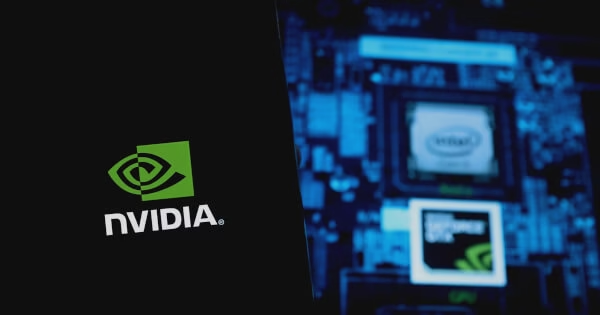Timothy Morano
21 November 2024 at 18:49
AVEVA and NVIDIA leverage AI to revolutionize industrial automation, enhancing efficiency and safety in the power, energy and chemicals sectors through dynamic simulation and deep reinforcement learning.
AVEVA, a leading figure in industrial software, is collaborating with NVIDIA to develop autonomous processes in the power, energy and chemicals industries. By integrating AVEVA's dynamic simulation platform with NVIDIA Raptor's deep reinforcement learning (DRL) engine, the partnership aims to transform traditional industrial processes into fully autonomous ones, according to an NVIDIA blog post.
Revolutionizing industrial processes
The collaboration focuses on using artificial intelligence to create advanced process simulation solutions. This approach is expected to significantly reduce unplanned downtime, increase production, and improve product quality. The integration of AI-based DRL agents facilitates forward thinking and iterative planning, pushing the boundaries of industrial control, system-level autonomy, and the development of fully autonomous plants.
Addressing challenges in industrial automation
Traditional control technologies often encounter transient events, such as unexpected disturbances in industrial facilities. In these cases, operators typically resort to manual control to stabilize the plant, which can lead to costly results. The shift toward greater industrial autonomy promises many benefits, including enhanced safety, increased operational efficiency, reduced costs, and improved environmental sustainability.
Strategic cooperation with Schneider Electric
Along with Schneider Electric, AVEVA and NVIDIA are spreading their expertise across industrial processes and computing infrastructure use cases. This includes training autonomous AI agents using digital process twins and implementing high-precision digital twins for real-time monitoring and control. Additionally, data center reference designs are being developed to support AI workloads, enhancing deployment speed and reliability.
Results of the integration between AVEVA and NVIDIA
Through their collaboration, AVEVA's dynamic simulation was tested using NVIDIA's Raptor engine. The simulation process builds dynamic twins of processing plants for various applications, including operator training and process design. The integration allows for large-scale reinforcement learning using accelerated computing, both on-premises and in the cloud, to improve industrial processes.
An example of a successful application is chemical distillation, where a DRL operator trained using AVEVA Dynamic Simulation was able to stabilize the process twice as quickly as manual operators, maintaining temperature and product quality even during large feed changes.
Future prospects
AVEVA plans to pilot, produce, and scale dynamic simulation with the Raptor. This will include working with leading energy companies to test the solution and ensure confidence before widespread deployment. By utilizing the NVIDIA Accelerated Compute Platform, AVEVA aims to simplify training and deployment processes with a no-code workflow, facilitating the integration of AI-driven solutions into industrial environments.
For more ideas on collaboration, explore A partnership between AVEVA and NVIDIA.
Image source: Shutterstock


